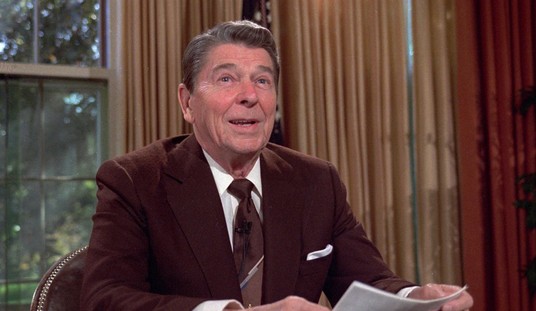The terrorists who call themselves Islamic State sure aren’t shy about displaying their prowess in mowing down defenseless prisoners. The Daily Mail has several pictures the terrorist posted online detailing one such mass execution. After the prisoners had been murdered — and apparently, in some cases where the poor unfortunates were still alive — fighters could be seen smiling as they beheaded their victims.
I’m not going to post any of the photos. Death porn has become ubiquitous on the web and I have no intention of adding to the desensitizing experience of viewing the horrific death of human beings.
That said, even writing about the horror is nauseating. Not since Genghis Khan and his Mongol hordes tore across Asia in the 13th century massacring hundreds of thousands, has a terrorist organization become so effective that the very mention of their name sends people flying. The Islamic State controls a territory larger than some Middle East nations. Their sacking of Iraqi banks has brought them immense wealth, as has their capture of several oil fields. They have a 50,000 man fighting force armed with sophisticated American weapons. Their very existence threatens the stability of the entire region.
So, should we dispatch the FBI to Tikrit and arrest the perpetrators of this massacre? Perhaps Scotland Yard would like to take on the terrorists in Mosul? Maybe the Surete can relieve the suffering of the Yazidis on Mount Sinjar by breaking the ISIS siege?
What do you do when terrorists no longer operate out of secretive, urban cells, but perform their atrocities in the full light of day and proudly record their butchery for all the world to see?
What should be done to wipe this scourge from the earth?
Fahad Nazer, a Saudi terrorism consultant, writes in CNN:
The world grew accustomed to Osama bin Laden’s audio and video messages from undisclosed locations in which he railed about Western “crusaders” and their “agents” in the Arab and Muslim worlds and vowed to bring death and destruction to both. Although what appears to be Baghdadi’s first audio message after the declaration of the caliphate still hit on those themes, war against the West doesn’t seem to be his focus.
His sermon in a mosque in Mosul was startling. The image of Baghdadi preaching in public — mostly about the implications of the establishment of his caliphate and his responsibility to Muslims and theirs to him — was a game changer. It was a stark contrast to bin Laden’s — and his successor, Ayman al-Zawahiri’s — messages, which are recorded in makeshift studios with no audience and remain largely reflective of an organization engaged in a covert, asymmetrical war whose aim is to weaken its adversaries and their “patrons” before it can establish its ultimate goal. Baghdadi portrays al-Zawahiri’s dream as his current reality.
In addition to controlling more territory than any al Qaeda branch ever has, ISIS has commandeered heavy weaponry from Iraqi security forces that have failed to defend Sunni-majority areas. Its total assets in cash and weapons are estimated at about $2 billion.
Its rapid advances in Iraq also indicate that it has learned from other al Qaeda affiliates’ mistakes, as it has forged tentative alliances with some Sunni tribes and ex-Baathists. Its propaganda makes clear that the group is committed to presenting itself as an entity that can actually govern and that can provide the public goods and services — including security — that weak or oppressive states fail to provide. In short, it is adopting the Hamas and Hezbollah model.
This is not “state sponsored terrorism.” Nor is it a faction in a government that supports terrorism, like the Pakistani intelligence service, the ISI.
The Islamic State is terrorism personified. Terror is not an element of policy, but the embodiment of a governing philosophy. “Join us or die” is not a slogan, it is an expression of national will.
It is too early to talk about anyone, much less America, going to war to destroy them. The Iraqi government may yet get its act together, and confront the menace. The Iraqi army may perform above expectations and push the terrorists back.
But if none of that happens, then what? Do we accept a full-blown terrorist state in the most unstable region of the world — a military and economic power with sophisticated weapons and nearly unlimited funding thanks to captured oil wealth?
At that point, we can retire the notion that fighting terrorism is best left to law enforcement, and start working on a means to destroy an entity that threatens to set back human civilization more than a thousand years. It could take a coalition of the willing — with or without the US — to confront the evil. But whatever the price, the civilized part of the world must be willing to pay it.










Join the conversation as a VIP Member